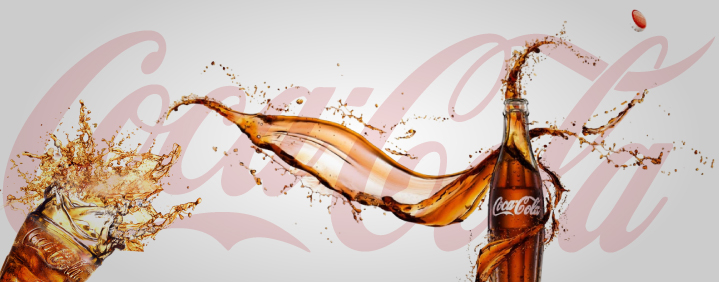Have you ever wondered if there are countries without Coca-Cola? Surprisingly, there are two countries where you can’t legally buy this iconic beverage: Cuba and North Korea.
Cuba:
Cuba has been without Coca-Cola since 1962, primarily due to long-term trade embargoes and sanctions imposed by the United States. Interestingly, Cuba was one of the first countries outside the US to bottle Coca-Cola in 1906. However, when Fidel Castro’s government began seizing private assets during the early years of the revolution, Coca-Cola withdrew from the market. As a result, Cubans have turned to other local beverages or soda alternatives, but Coca-Cola remains absent from store shelves.
North Korea:
In North Korea, Coca-Cola is also unavailable due to ongoing trade sanctions and the government’s tight control over imported goods. While there have been sporadic reports of Coca-Cola being sold in a high-end restaurant in Pyongyang, the beverage is typically smuggled in through the black market rather than through official distribution channels. This black-market presence underscores the complexities of trade in a country with such stringent regulations on foreign products.
Historically, other countries like Myanmar, Vietnam, and China have faced periods without Coca-Cola due to various restrictions and government policies. For instance, Myanmar could not legally buy Coca-Cola until 2012 when the ban was lifted, allowing the company to invest approximately $200 million to restart its distribution. Similarly, Coca-Cola re-entered the Vietnamese market in 1994 and resumed operations in China in 1979.
Despite these restrictions, Coca-Cola maintains a robust global presence. The situation in Cuba and North Korea highlights how international trade policies can significantly impact even the most ubiquitous products.



